A summit of European leaders on Ukraine in Paris ended on February 26 with calls for continued support for Ukraine in its fight against Russia, but no concrete measures.
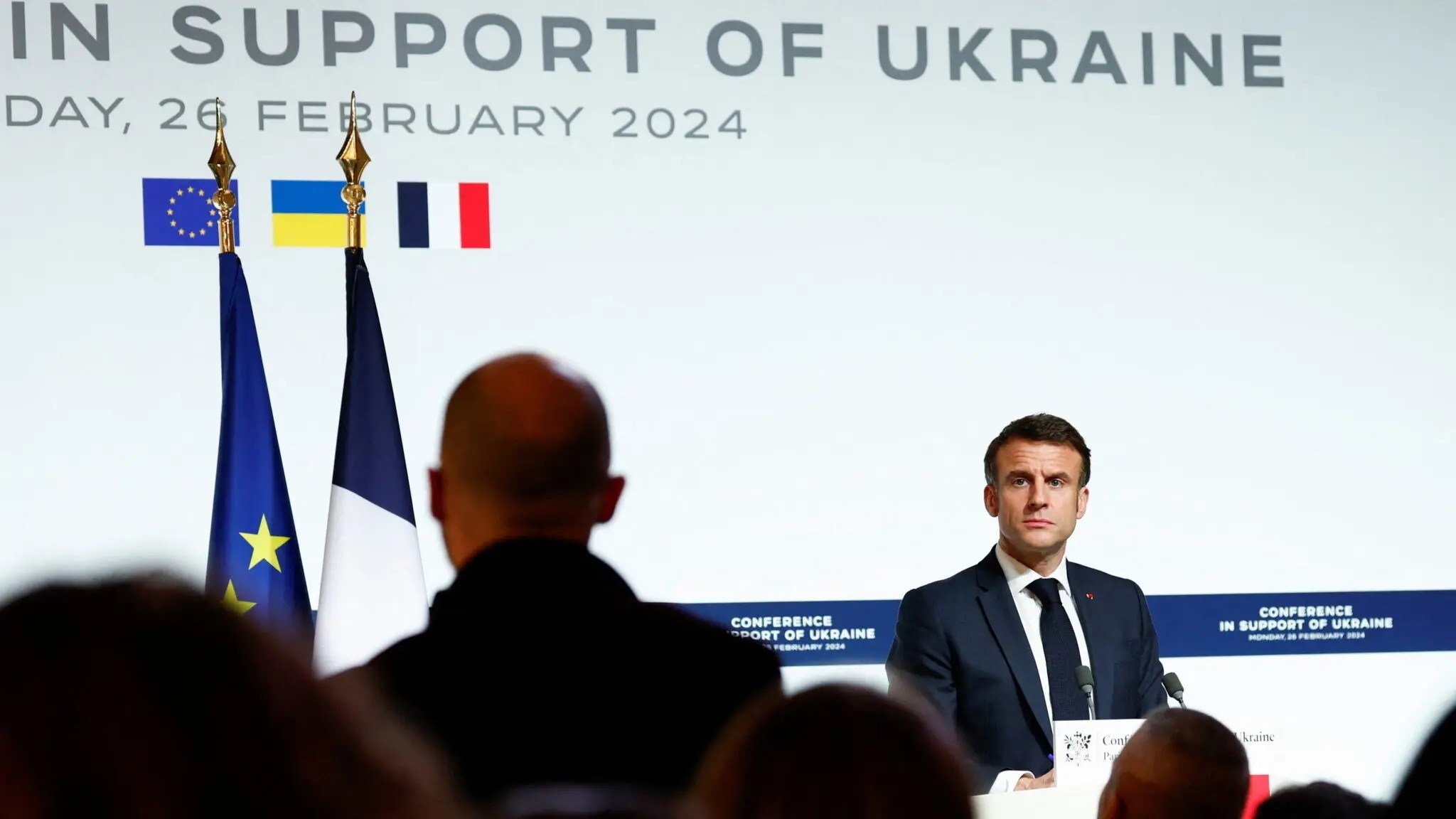 |
| French President Emmanuel Macron speaks during a press conference at the Elysée Palace in Paris, February 26, 2024. (Source: AP) |
Shocking proposal from the homeowner
It seemed that the conference, which ended on February 26, would take place and achieve results like some of the Peace Forums on Ukraine in 2023 and early 2024. However, a truly shocking proposal emerged from the host country's President Emmanuel Macron: the head of the Elysee Palace wanted to send NATO troops to Ukraine if the army of President Zelensky's government lost the battle.
Immediately after the conference ended, Mr. Macron's Western colleagues such as Germany, Poland, Czech Republic, Slovakia... almost simultaneously announced that they would not deploy combat troops to Ukraine.
And so, Paris’s proposal was publicly rejected by most NATO countries. Even Washington, which has been Kiev’s biggest supporter since the conflict began, said it would not send troops and strongly advised others not to do so.
In the face of strong public accusations, Mr Macron himself had to make typical excuses about words being “taken out of context” and “misunderstood”.
To assist his leader, on February 28, French Defense Minister Lecornu explained that the actual meaning is not sending professional military units but only other auxiliary activities, such as ensuring cyber security and mine clearance... French Foreign Minister Stephane Sejourne also frankly stated: "France will not send troops to Ukraine to participate in the war" and "French soldiers will not die for Ukraine".
However, on February 29, President Emmanuel Macron still stated that "every word I say on this issue, every sentence and every word, is carefully thought out and weighed." Thus, the French president's statements about the possibility of sending combat troops to Ukraine were not misunderstood and were taken in context.
For Kiev or the Elysee Palace
The European elite knew very well how Russia would react to the provocative proposal of the French President. And indeed, in his State of the Nation Address to all deputies of the State Duma and the Upper House of the Russian Parliament on February 29, Russian President Vladimir Putin noted that Western politicians had forgotten what war was and recalled how past invasions of enemies on Russian soil ended.
The Russian leader asserted that if the same thing happened today, the consequences for those who intervened would be much more tragic, and he strongly stated that Russia has weapons that can strike targets on their territory.
So why is Mr Macron adding fuel to the fire at a time of escalating conflict in Ukraine, as well as geopolitical tensions between Russia and Western countries?
| RELATED NEWS | |
| World news March 1: Former US Ambassador 'spying for Cuba' pleads guilty, Russian Foreign Minister visits Türkiye, Canada sends troops to support Ukraine | |
The Chairman of the State Duma of the Russian Federation Vyacheslav Volodin explained that Macron's risky policy is related to maintaining personal power. According to Volodin, during his presidency, Macron "achieved nothing except the stagnation of the country's economy, ongoing mass protests and geopolitical failures in Africa."
Russian political commentator Mikhail Tokmakov also said that the Paris Summit in general was not held in the interests of Zelensky but in the interests of President Macron himself when his seat was shaky. The situation in France is currently in turmoil, many peasant protests have broken out. This threatens the 2024 Olympic Games that are approaching very soon and the food crisis that may occur next winter. According to Mr. Tokmakov, Mr. Macron in this situation has used the "very old" trick of uniting the nation against external enemies, to reduce the attention of French public opinion on the internal situation.
Adverse effects
Many observers have hinted that in some ways he has even succeeded, but in the opposite direction. His proposals have made him and Ukraine unpopular with the French and many European countries. Especially in the context of the recent weakening of support for Ukraine, especially after the defeat of the Ukrainian Armed Forces in Avdiivka.
Even Western experts considered the French leader's remarks adventurous. Several journalists from Politico accused Macron of confusing both Ukraine and the entire West. According to experts, Macron's words first of all confirmed the difficult situation of the Ukrainian army.
It also exposed serious divisions within NATO itself, with many Western leaders strongly rejecting the “initiative” of their French colleagues. Experts stressed that Mr. Macron’s recent statement showed his “lack of understanding” towards his colleagues and the Western public in general.
And so the French president’s proposal seems ill-timed. It has caused confusion as to whether it will benefit either Paris or Kiev. But what is clear is that there will now be no multinational force to fight alongside the Ukrainian army on the battlefield.
Source








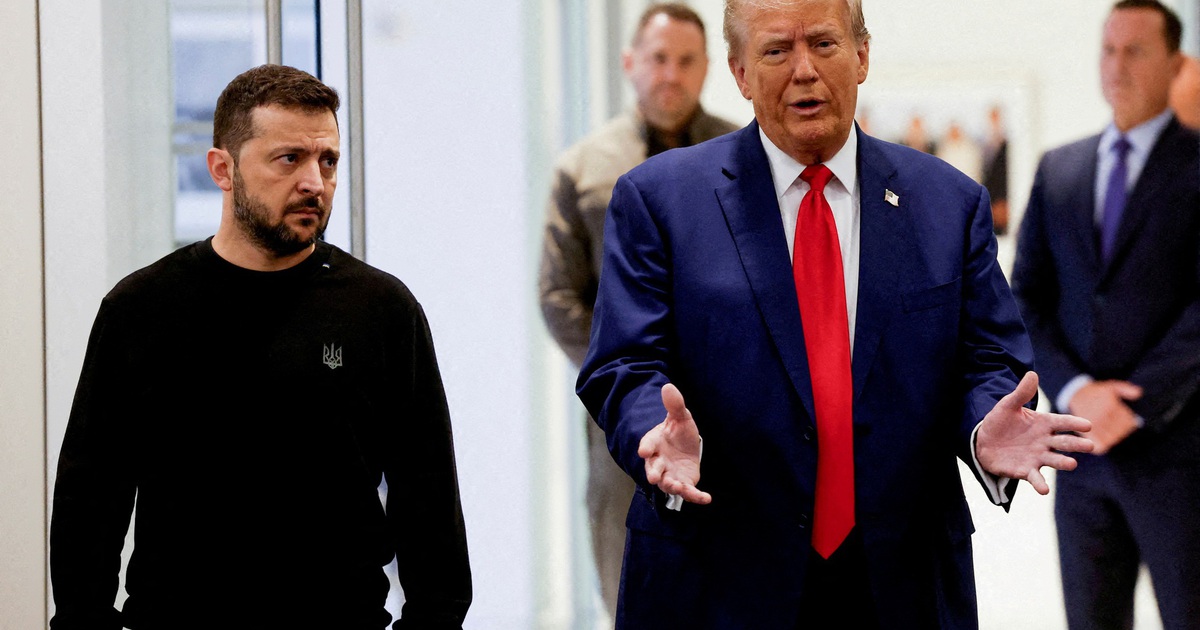

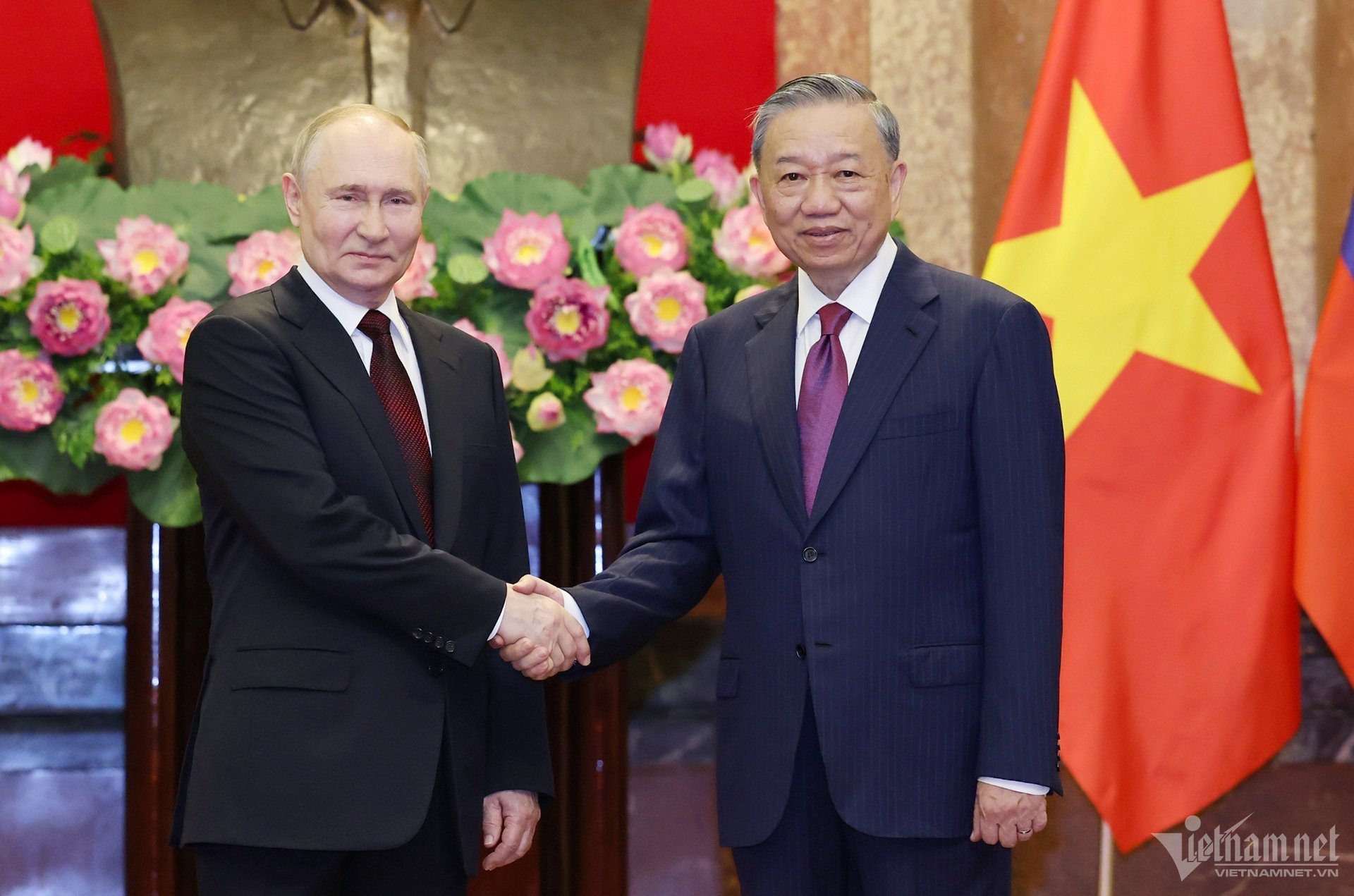

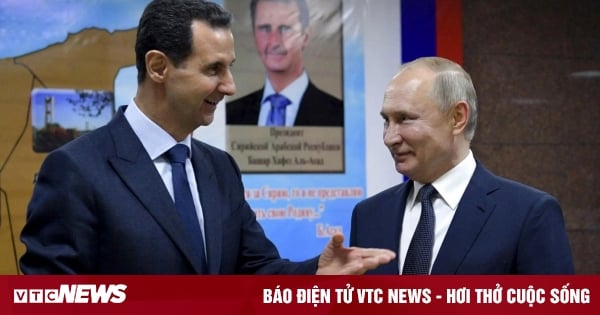

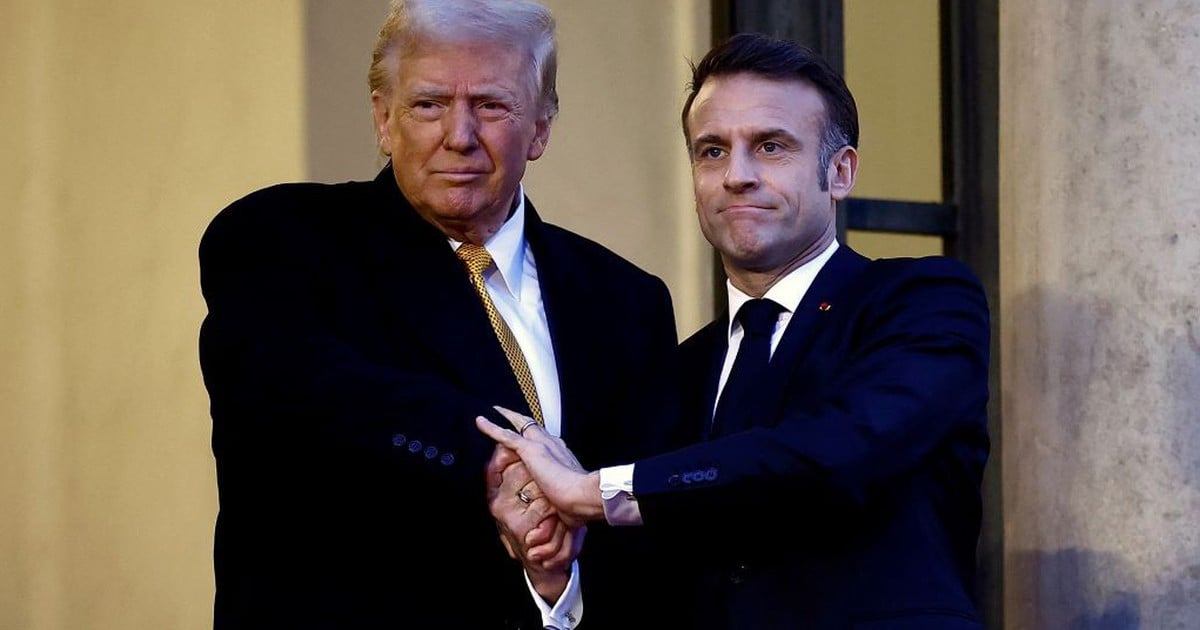
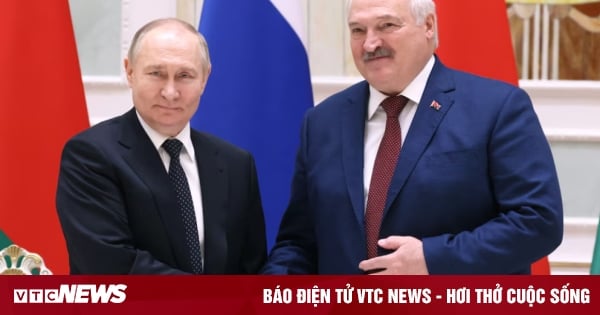
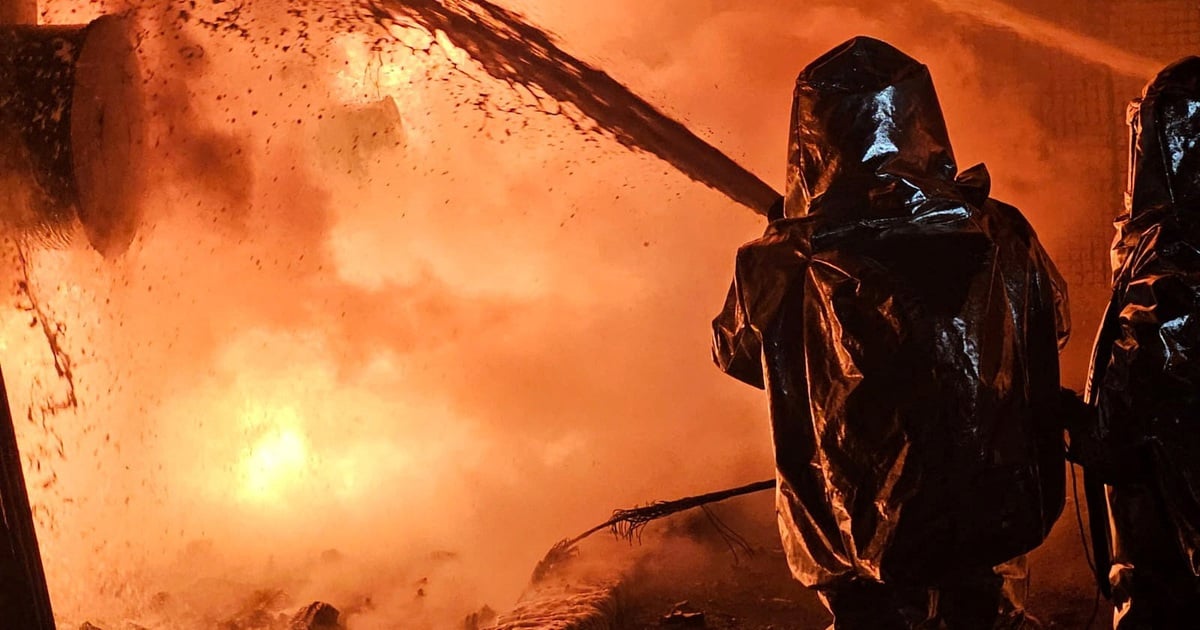

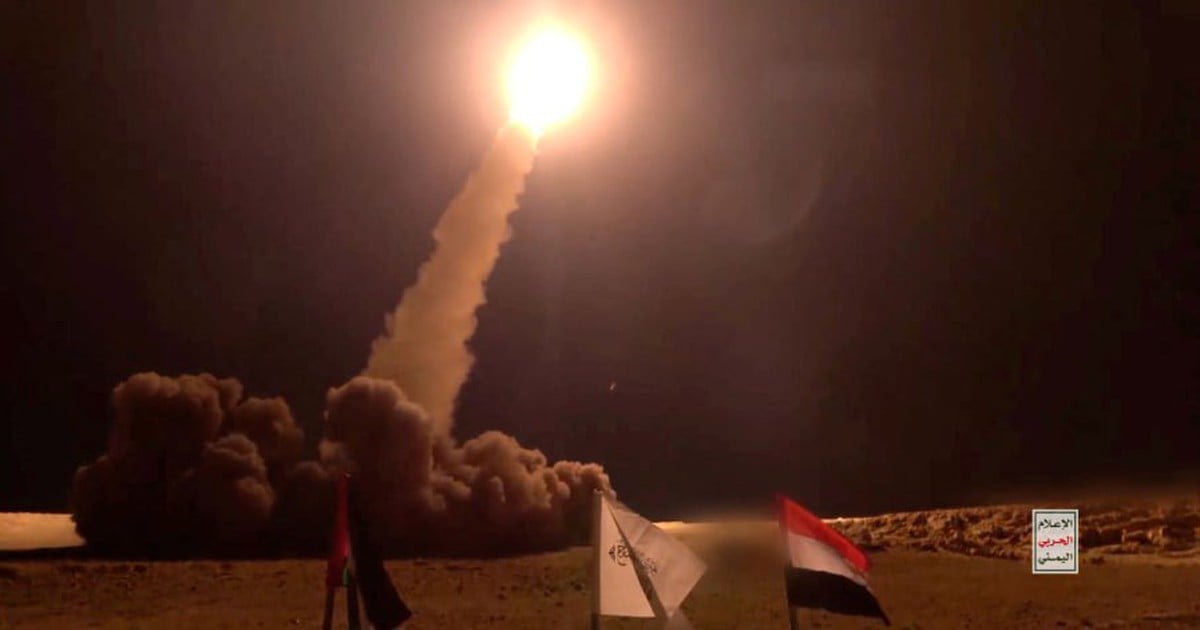

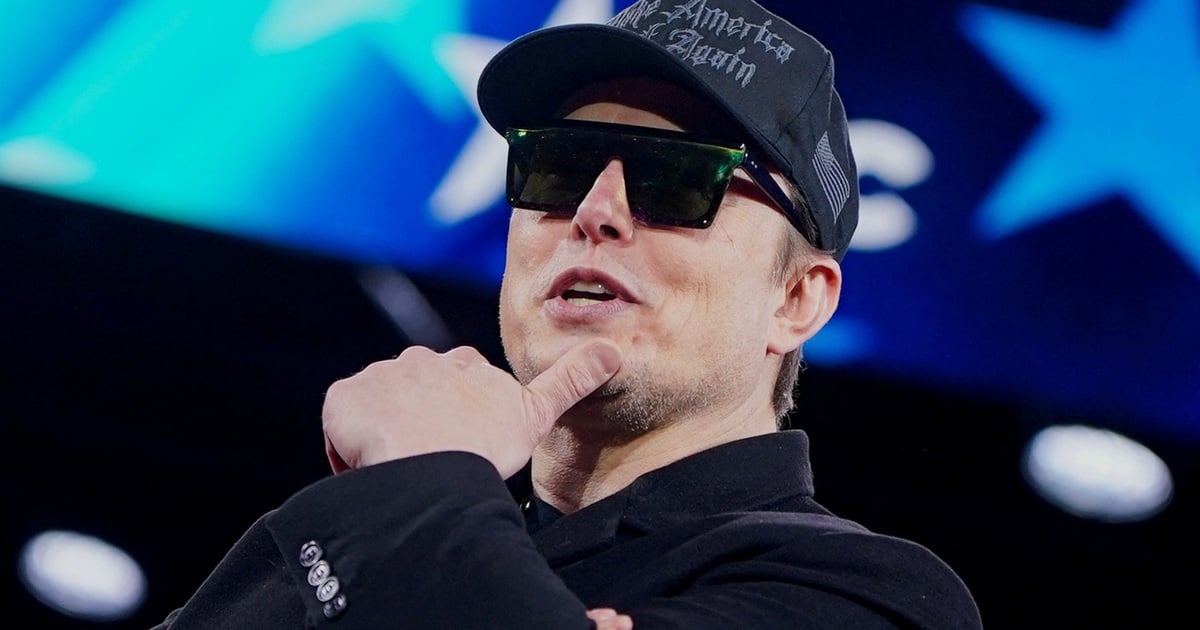
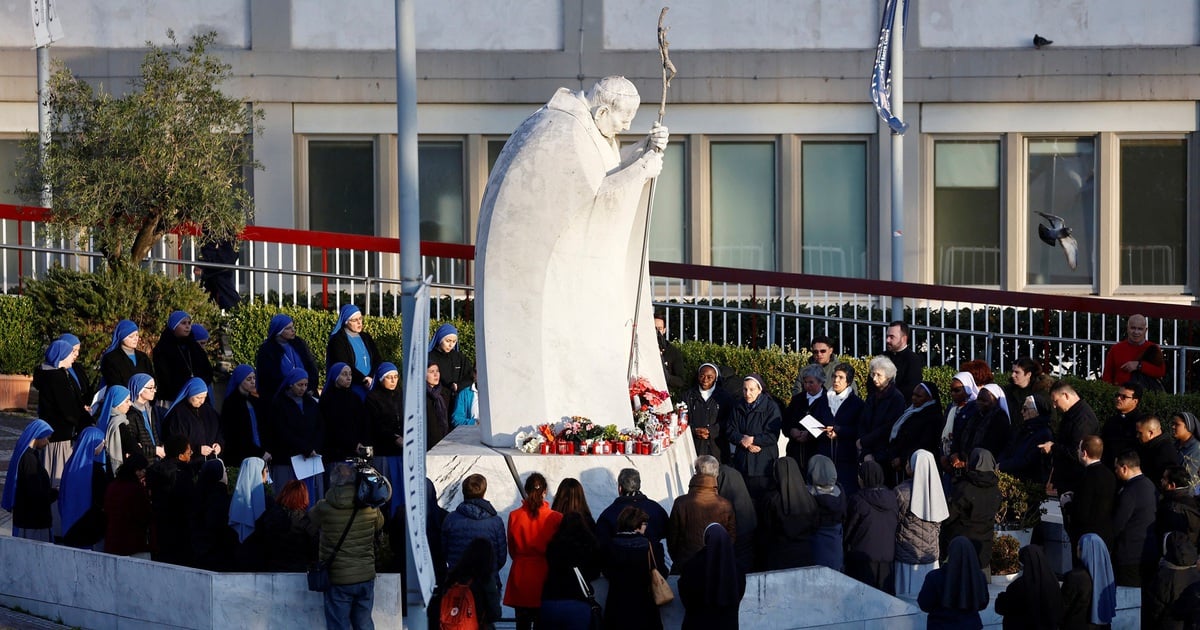
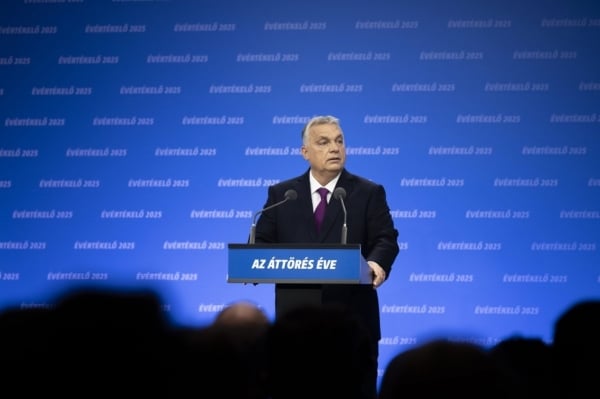
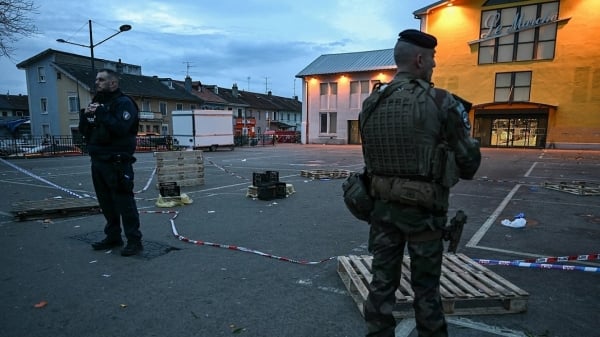


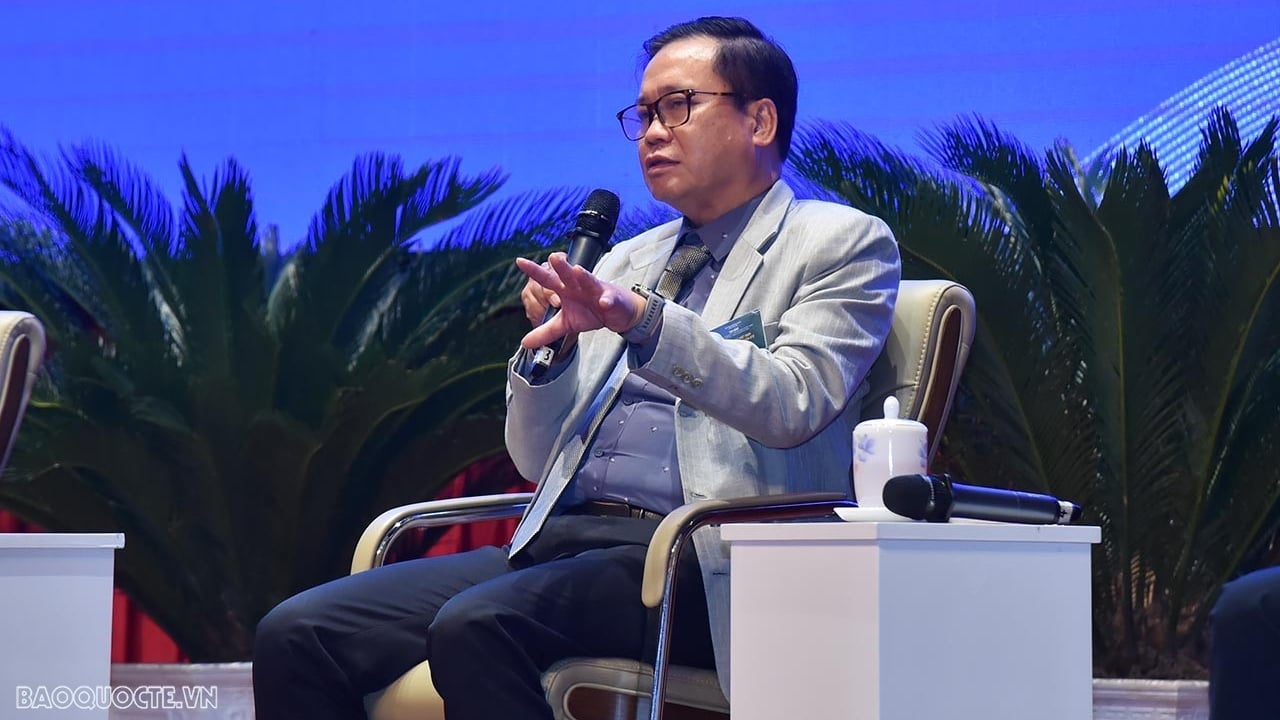

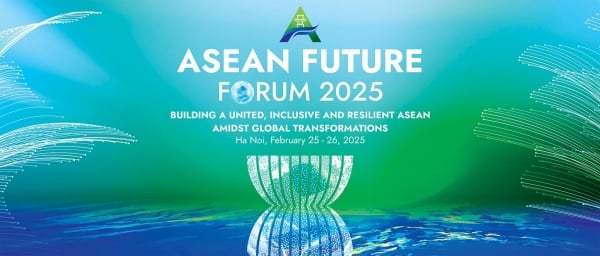










Comment (0)